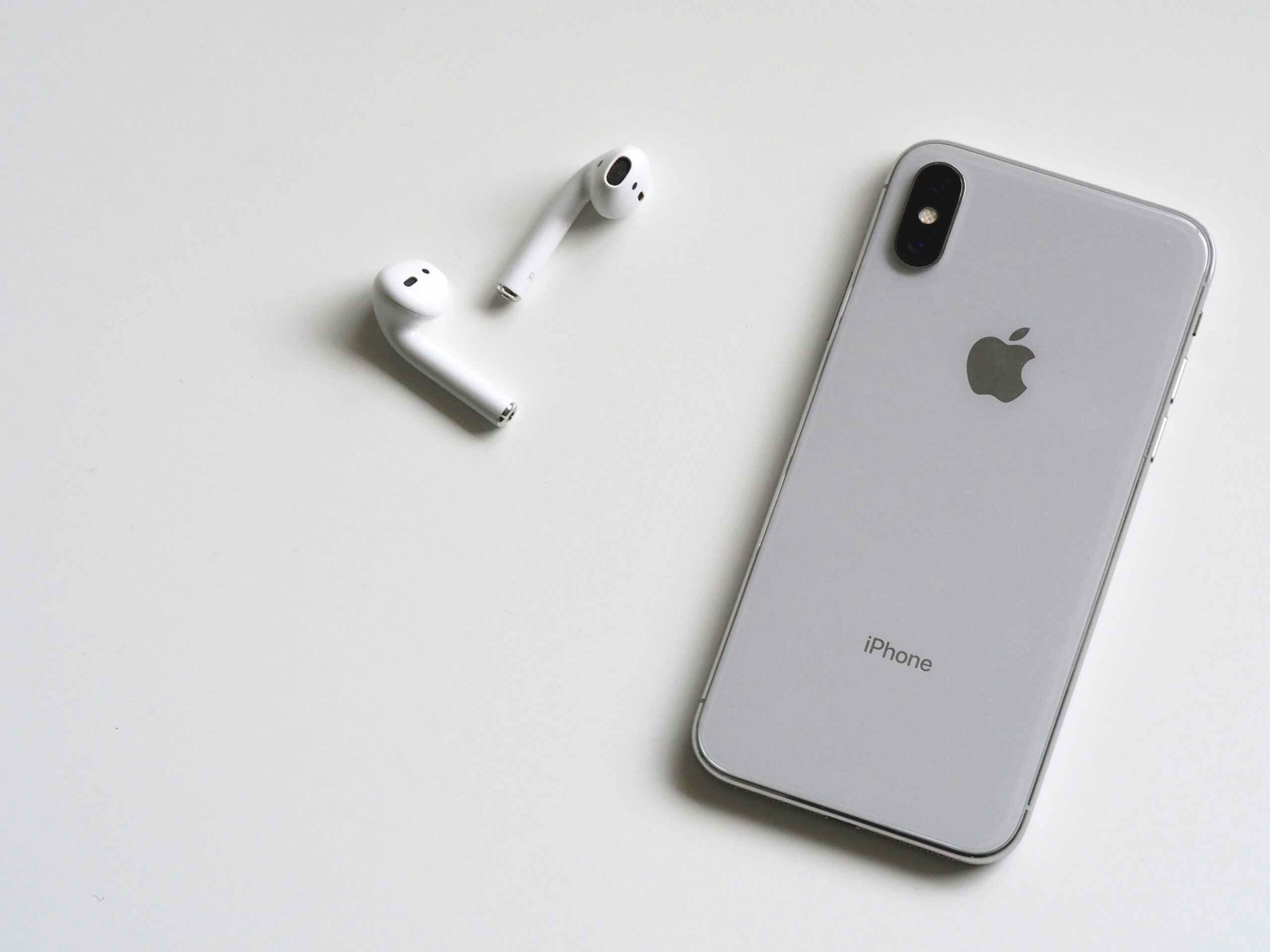Unraveling T-Mobile’s Ownership Behind the Scenes of the Telecom Giant

T-Mobile, one of the largest telecom giants in the world, has garnered significant attention and praise for its innovative approach to the mobile industry. However, behind its success lies a complex web of ownership and corporate structure that many may not be aware of. Unraveling T-Mobile’s ownership reveals a fascinating behind-the-scenes look at the intricate relationships and alliances that have shaped the company’s growth and market dominance. From mergers and acquisitions to strategic partnerships, understanding the ownership dynamics of T-Mobile provides valuable insights into its business strategy and the competitive landscape of the telecommunications industry.
T-Mobile, one of the United States’ largest telecommunications companies, has been making waves in the industry for years. From its aggressive marketing campaigns to its disruptive pricing strategies, the company has managed to position itself as a major player in the highly competitive telecom market. However, behind the scenes, the ownership structure of T-Mobile is a complex web that is worth unraveling.
To Understand T-Mobile’s Ownership
We must first look at its parent company, Deutsche Telekom. Deutsche Telekom, a German telecommunications company, acquired a controlling stake in T-Mobile in 2001. Since then, it has remained the majority owner of T-Mobile, holding around 43% of the company’s shares.
However, T-Mobile’s ownership
Is not solely in the hands of Deutsche Telekom. The remaining shares are publicly traded on the NASDAQ stock exchange under the ticker symbol TMUS. This means that T-Mobile has a diverse group of shareholders, including institutional investors, mutual funds, and individual investors.
One Of The Notable Shareholders
Of T-Mobile is SoftBank Group Corp., a Japanese multinational conglomerate. SoftBank acquired a significant stake in the company in 2013 when it purchased Sprint Corporation, the fourth-largest wireless carrier in the United States at the time. This acquisition allowed SoftBank to become a major player in the US telecom market, with a stake in T-Mobile.
Another Key Player in T-Mobile’s Ownership
Is the US government. In 2020, T-Mobile completed its merger with Sprint, a move that faced intense scrutiny from antitrust regulators. In order to gain regulatory approval, T-Mobile agreed to certain conditions, one of which was to divest some of its assets to Dish Network, a satellite television provider. As part of the agreement, Dish Network acquired Boost Mobile, a prepaid wireless brand, and became a new competitor in the wireless market. This arrangement allowed T-Mobile to address antitrust concerns and solidify its position as a major player in the industry.
Beyond These Major Shareholders
There are several other institutional investors and mutual funds that hold smaller stakes in T-Mobile. These include Vanguard Group, BlackRock, and State Street Corporation, among others. The presence of these institutional investors highlights the widespread interest in T-Mobile’s performance and potential within the investment community.
The Ownership Structure
Of T-Mobile is undoubtedly complex, reflecting the dynamic nature of the telecom industry. With Deutsche Telekom as the majority owner, SoftBank as a significant shareholder, and various institutional investors and mutual funds holding smaller stakes, T-Mobile’s ownership structure is a testament to the company’s ability to attract diverse sources of capital.
Despite Intricacies Of its Ownership
T-Mobile has continued to thrive in the US telecom market, consistently gaining market share and challenging its competitors. Its disruptive approach to pricing and innovative marketing strategies have propelled the company forward, allowing it to solidify its position as a telecom giant.
As T-Mobile continues to evolve and adapt to the ever-changing telecom landscape, understanding its ownership structure provides valuable insights into the company’s direction and potential future moves. With a diverse group of shareholders that bring a range of expertise and perspectives to the table, T-Mobile is well-positioned to navigate the challenges and opportunities that lie ahead in the dynamic world of telecommunications.


























